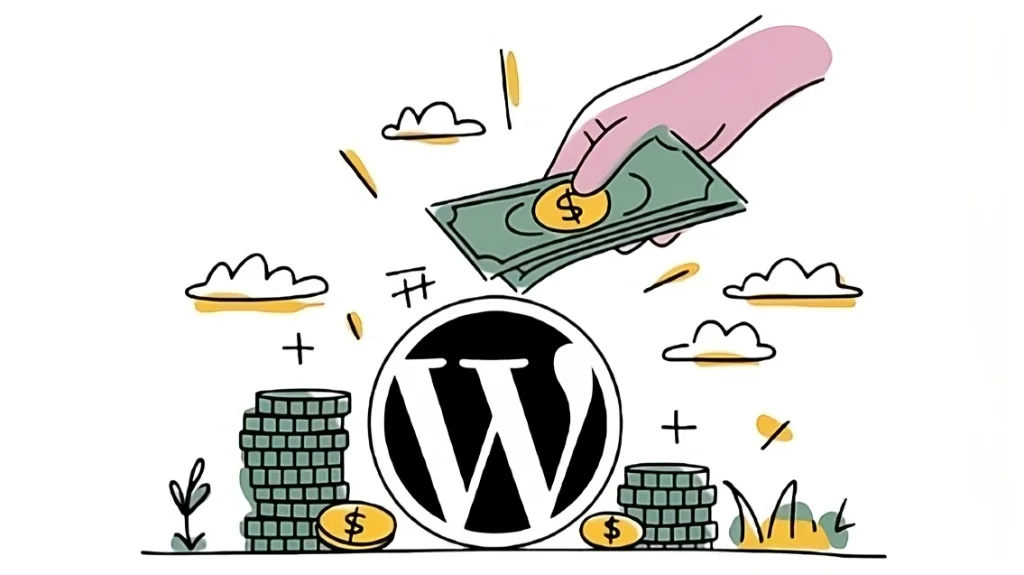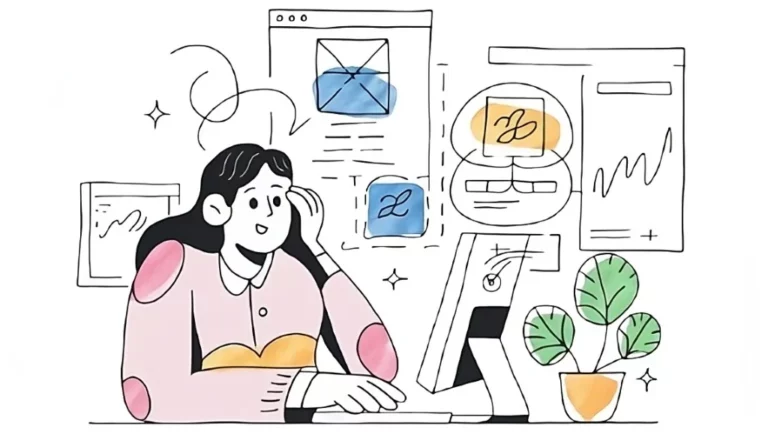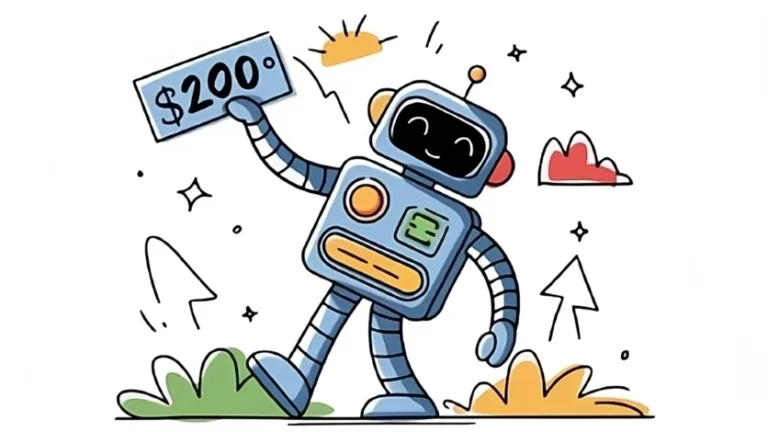If you've ever wondered how WordPress.org keeps the lights on, you’re not alone. The platform powers a staggering portion of the internet, but its financial underpinnings aren’t exactly public knowledge. The truth is both fascinating and, frankly, a little unsettling.
The primary funding comes from Matt Mullenweg (MM), the co-founder of WordPress and CEO of Automattic, alongside contributions from Automattic itself. Automattic provides significant support through funding and personnel, effectively blurring the lines between the open-source WordPress project and the commercial WordPress.com platform. While this setup has advantages, such as streamlined resources, it raises concerns about independence and sustainability.
Personally, I think this centralized funding model is a double-edged sword. It’s efficient, sure, but it ties the fate of an entire ecosystem to the whims of one individual.
What Happens if Matt Pulls the Plug?
Let’s address the elephant in the room. If Matt Mullenweg decides to stop funding WordPress.org, what’s the fallout?
Terrifyingly, it’s not out of the realm of possibility. While MM has a legacy tied to WordPress, and it’s hard to imagine him deliberately undermining it, he’s also known for unpredictable decisions. Case in point: his rejection of Cloudflare's offer to host WordPress.org's repositories, which seemed like an easy win.
If MM were to withdraw financial support, the WordPress ecosystem would face a reckoning. There’s no clear Plan B, though several possibilities come to mind:
- A New Foundation: The community might rally to establish an independent foundation to manage WordPress.org.
- Forking the Project: Developers could fork WordPress, creating a new CMS with a separate plugin and theme repository.
- Community-Driven Alternatives: Projects like AspirePress could gain traction, or entirely new players might emerge to fill the void.
The immediate aftermath, however, would likely be chaos: widespread panic, disrupted workflows, and a hit to the community's trust.
Should WordPress.org Be Financially Independent?
Yes. A resounding yes.
The current setup ties WordPress.org too closely to Automattic and MM. This centralization not only risks the stability of the platform but also obscures the true cost of running WordPress.org. An independent organization with transparent finances would better serve the community.
Imagine if WordPress.org charged large hosting companies a fee to offset their impact on server resources. This wouldn’t just improve financial sustainability but could also encourage fairer competition.
Could a New CMS Replace WordPress?
The idea of a "WordPress killer" has been floated more times than I can count. Some believe that a new CMS, perhaps backward-compatible with WordPress plugins, could emerge as the heir apparent.
Realistically, WordPress’s massive market share isn’t going to evaporate overnight. The platform's versatility, community support, and extensive plugin ecosystem make it hard to dethrone. But could another CMS gain traction? Absolutely especially if WordPress stumbles.
The worst-case scenario might not be a single replacement but a diverse ecosystem of alternatives, each catering to different needs. Think of how Linux has so many flavors and distros, most of which don't support your hardware.
What About the Drama?
Let’s be honest: WordPress drama doesn’t affect most users. I manage a couple of WordPress sites myself, and I wouldn’t have known about recent controversies if not for following tech news.
However, the drama is hard to ignore once you're aware of it. From veiled threats to cryptic blog posts, it often feels like the WordPress ecosystem is held together by duct tape and hope.
For instance, Matt's recent holiday break announcement raised eyebrows with its tone. Some read it as a subtle warning about his role in funding WordPress.org. If you missed it, check it out here.
Are There Lessons to Be Learned?
Absolutely. Here’s what I’ve taken away from this:
- Diversity Matters: A single point of failure, whether it’s funding or leadership, is risky.
- Transparency Builds Trust: Open-source projects thrive on transparency, both in governance and finances.
- Community Strength is Key: The WordPress community has survived past challenges, and I believe it could weather even MM stepping back, albeit with difficulty.
What’s Next for WordPress?
Your guess is as good as mine. Personally, I’m not panicking at all. WordPress is deeply ingrained in the fabric of the internet, and even a worst-case scenario might lead to new opportunities. Competition could push everyone to be better, WordPress included.
Maybe one day the “WordPress monopoly” will be a ting of the past, and we'll we overwhelmed with sub par options, while none of them being able to do everything, like WordPress can.
Or... We may have a superior replacement or a proper overhaul of the raining CMS champion.
Either way, no stress... I’ll just keep an eye on the drama, manage my sites, and hope for the best. After all, isn’t that what being a WordPress user is all about?







